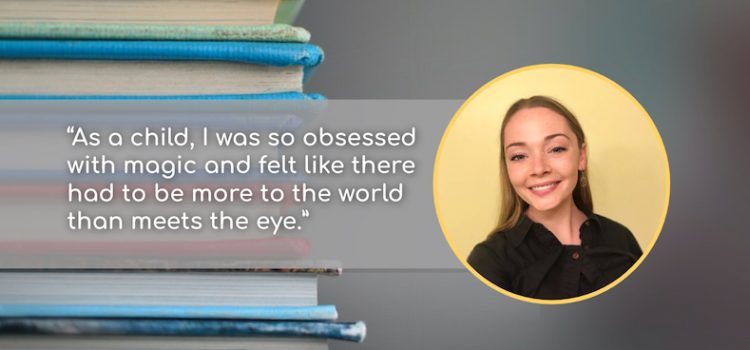Is it possible to compete with Facebook, Google, Amazon, or Apple? How fair is the market’s environment? In his book, Scott Galloway harshly criticizes the Four’s efforts to eliminate their competition, creating a landscape of big tech monopolies. While large, powerful companies always have a competitive edge, he argues that the Four wield their size and power unfairly to purposefully eliminate competitors from the market. Read more to learn how the Four purchase competitors, force competitors out of business, and engage in other questionable tactics.
Big Tech Monopolies: The Four’s Efforts to Eliminate Competition










